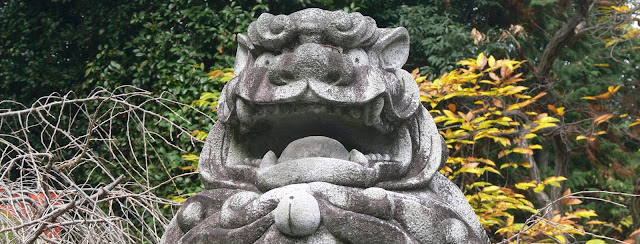Tea briefing #3 : Tea history between tales and legends
Or why is it so hard to write anything non-polemical about Tea ?
« Any miso soup left ? »
—Kobori Enshu (probably.)
(Quote also more arguably attributed to Hideyoshi Toyotomi)
The subject of the tea ceremony and its history is so sensitive among practitioners today that to write a consensual introduction to the tea ceremony is a very difficult task. It is partly due to the fact that contradictory information is common.
Certainly, most people agree very vaguely on the chronology and the basics of Tea. But everything regarding the spirit with which it must be practiced and the interpretations to give to the countless legends and tales that go with it is the subject of great debate.
Anyway, that is why I will only stick to the few things that I have understood from my various readings and conversations in the hope that it will be interesting to my readers. I have no pretension to present here the one and unique truth about what tea is or what it should be.
Just as examples, here are some historical « facts » that I heard contradictory informations about tea :
— Rikyu was the most famous tea master of his time
— Modern tea was developed by the newly growing bourgeoisie with the intention to disrupt a warrior practice.
— Tea is essentially a Zen practice. (There are certainly bridges between Tea and Zen Buddhism but to say that Zen is the fundamental origin of modern Tea is much more subject to doubts)
— Tea contains christian features.
— The Japanese Tea ceremony has its origin in the Chinese Gong Fu Cha.
A more complete presentation of the Tea Ceremony can be found here.
A more complete presentation of the Tea Ceremony can be found here.




Comments
Post a Comment